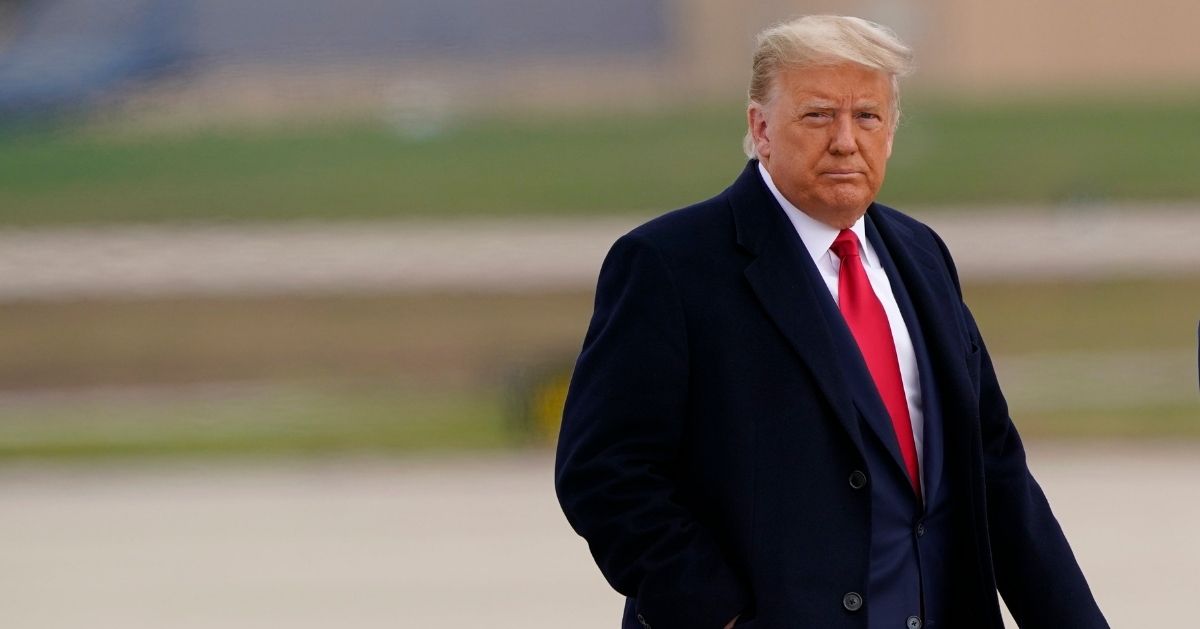Hold onto your hats, folks—President Donald Trump just dropped a bombshell that’s got everyone from tech geeks to policy wonks buzzing.
Trump’s recent comments on the need for H-1B migrant workers to bolster the returning U.S. microchip industry have ignited both support and sharp criticism from his conservative base, with Republican leaders pushing back hard against the visa program, the Daily Caller reported.
Let’s rewind to Trump’s interview with Fox News’s Laura Ingraham on November 10, where the H-1B visa topic first came up. He didn’t mince words, arguing that America lacks the skilled workforce needed for certain high-tech roles. It’s a tough pill to swallow for a nation that prides itself on innovation.
On Monday, Trump doubled down, telling reporters that the microchip industry’s return to American soil demands talent we currently don’t have. He pointed out that expertise in chip-making has slipped away, largely to Taiwan, due to past leadership failures. It’s a stark admission from a leader who’s all about putting America first.
Trump didn’t just stop at diagnosing the problem; he painted a vision of revival. He predicted that within a year, the U.S. could claim a hefty slice of the global chip market—if we can train our people fast enough. That’s a big “if” in a world where tech moves at lightning speed.
Here’s Trump in his own words: “For instance, if you’re going to be making chips — we don’t make chips too much here anymore, but we are going to be in a period of a year, we’re going to have a big portion of the chip market. But we have to train our people how to make chips, because we didn’t get — we used to do it, and then foolishly, we lost that business to Taiwan, very, very foolishly, because if they had a president that thought like I did, they would not have let that happen,” he told reporters. Now, while his passion for bringing jobs back is clear, banking on foreign labor to kickstart this engine raises eyebrows among his staunchest supporters.
Trump didn’t hold back on blasting previous administrations for losing the chip industry in the first place. He called the Chips Act a disaster, claiming it handed billions to foreign nations while failing to secure American dominance. That’s a zinger aimed straight at the bureaucrats who thought throwing money around was the answer.
He also tied the industry’s decline to a lack of belief in tariffs, arguing that smarter trade policies could have kept nearly 100% of chip production from shifting to Taiwan. It’s a fair point—why did we let a cornerstone of modern tech slip through our fingers?
Trump’s optimism shines through when he notes that chip manufacturers are already returning to the U.S. He believes that in a short time, America could lead the world in chip production again. That’s the kind of bold prediction his base usually cheers—minus the H-1B curveball.
But not everyone in the conservative camp is clapping. Trump’s remarks have sparked a firestorm among his political base, who see H-1B visas as a threat to American jobs. It’s a classic clash between economic pragmatism and the “hire American” ethos.
On November 13, Florida Gov. Ron DeSantis fired back with a pointed challenge to Congress. “Republicans have a majority in Congress and could legislate elimination of H1B (and any programs designed to import cheap foreign labor). Deeds, not words, are what matter,” DeSantis declared. That’s a polite but firm nudge to turn rhetoric into action.
Not to be outdone, Georgia Rep. Marjorie Taylor Greene announced on X that same day that she’s introducing legislation to phase out the H-1B program entirely. Talk about drawing a line in the sand. It’s clear some GOP leaders aren’t buying Trump’s temporary fix.
Let’s not forget the irony here: the microchip itself was born in the U.S., thanks to American innovators like Jack Kilby and Robert Noyce. Yet somehow, we’ve outsourced the very industry we pioneered. That’s not just a policy failure; it’s a national embarrassment.
Trump’s argument for H-1B workers isn’t without merit—rebuilding an industry overnight requires talent, wherever it comes from. But leaning on foreign labor risks alienating the very Americans who want those jobs and the training to do them. It’s a tightrope walk between quick results and long-term loyalty.
So, where does this leave us? Trump’s vision of a resurgent chip sector is inspiring, but the path he’s chosen has conservatives split down the middle. Maybe it’s time for a serious debate on how to balance immediate needs with the promise of “Made in America”—without losing sight of who we’re building this future for.


